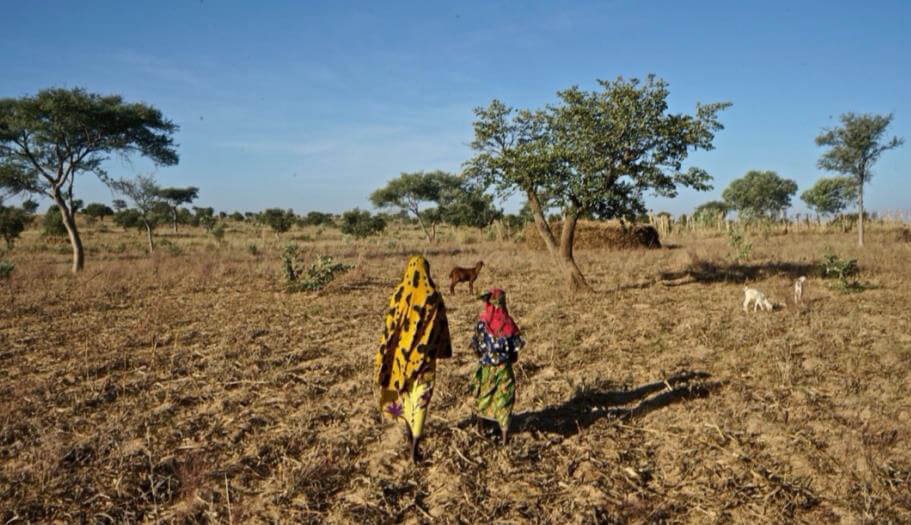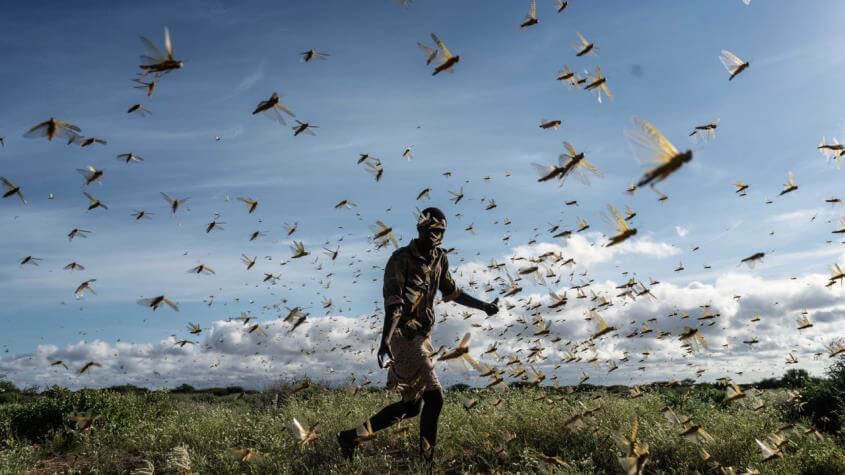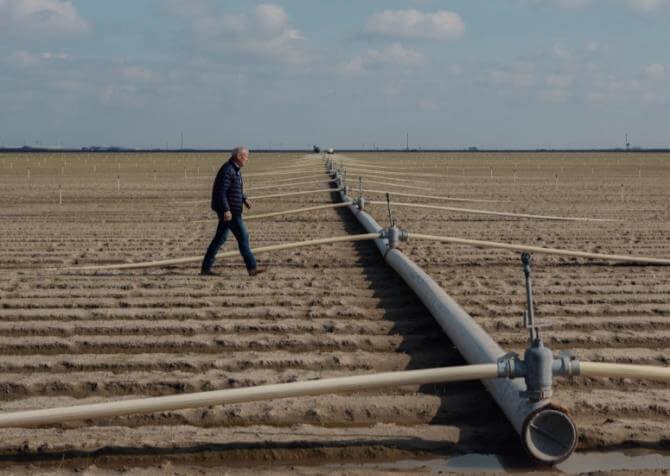From the fertile plains of the Nile Delta to the patchwork fields of Southeast Asia, agriculture has long been the bedrock of civilisations. It sustains communities, fuels economies, and shapes cultures. But today, this vital sector faces a formidable foe: climate change. Rising temperatures, erratic rainfall patterns, and extreme weather events are disrupting harvests, jeopardising livelihoods, and threatening the stability of economies heavily reliant on agriculture.
A Symphony of Stress:
The impacts are diverse and far-reaching. In Africa’s Sahel region, prolonged droughts cripple crop production, pushing millions towards food insecurity. Rising sea levels in Southeast Asia inundate low-lying coastal fields, displacing farmers and salinating valuable farmland—heatwaves in Europe scorch vineyards, impacting not just iconic wine production but also livelihoods and regional tourism.

These are not isolated incidents but a chilling echo of a global phenomenon. According to the World Bank, climate change could push an additional 100 million people into poverty by 2030, with agriculture-dependent regions bearing the brunt of the impact. Reduced crop yields, disrupted production cycles, and increased infrastructure damage translate to lost income, weakened economies, and heightened social tensions.
Beyond Hunger: A Ripple Effect:
The economic fallout extends far beyond food security. The 2022 US corn belt drought, a stark example, led to skyrocketing prices that impacted not just farmers but consumers and entire industries reliant on corn, like livestock production and biofuels. The EU coffee industry faces similar challenges, with heatwaves jeopardising production and potentially disrupting global coffee markets.
The cotton market, valued at $50 billion annually, could see a 20% reduction in yields by 2050 due to climate change, impacting millions of farmers in developing countries and disrupting global supply chains. These cascading effects ripple through economies, exacerbating existing inequalities and jeopardising livelihoods far beyond those directly involved in agriculture.
Seeds of Hope: Adaptation and Resilience:
Yet, amidst this grim narrative, there are flickers of hope. Farmers and communities are adapting. Drought-resistant crop varieties are being developed, water conservation techniques are being implemented, and diversified cropping systems are being adopted to spread risk and enhance resilience.
International cooperation is also crucial. The Adaptation Fund, established under the Kyoto Protocol, supports developing countries in adapting to climate change impacts, building resilience, and safeguarding food security. Initiatives like the UN’s Food and Agriculture Organization’s climate-smart agriculture programs are scaling these practices across the globe.

Individual choices also contribute to a more resilient future. Opting for locally grown, seasonal produce reduces the carbon footprint associated with long-distance transport and supports local farmers. Demanding sustainable practices from food producers and holding policymakers accountable for their actions are equally important steps.
A Call to Action: Securing Our Harvest:
The story of climate change and agriculture-dependent economies is not one of inevitable doom but a call to action. We can choose to lament the changing climate, letting despair and inaction define our future. Or we can choose to act, invest in adaptation and resilience, and foster international cooperation.
We can rewrite the narrative by adopting innovative solutions, promoting sustainable practices, and holding ourselves accountable. We can build a future where agriculture-dependent economies thrive, food security is assured, and the delicate balance between humanity and nature is restored. The time to act is now, not just for ourselves but for generations to come. Let us choose wisely, for the future of our food and our planet depends on it.




0 Comments